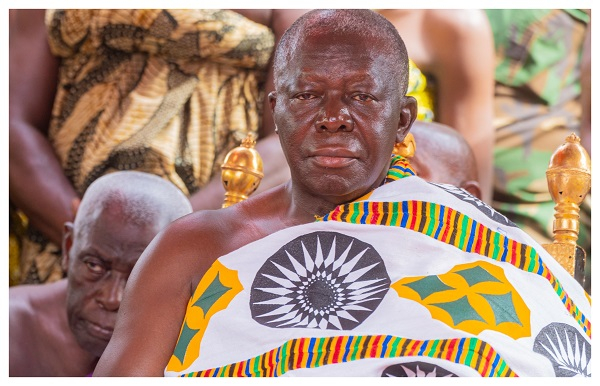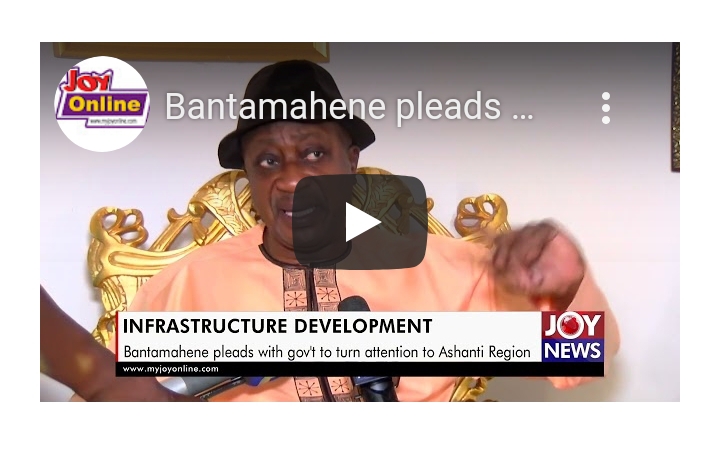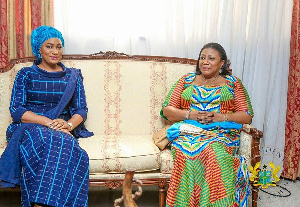Symbolic communication of Otumfuo’s cloth during outdooring of NAPO as running mate to Dr. Bawumia in Kumasi

Semiology, the study of signs and symbols, has long been a powerful form of communication in human societies. In Ghana, the Adinkra symbols hold a special place as a means of conveying deeper philosophical and symbolic meanings.
Used by Ghanaians to communicate and celebrate important occasions, Adinkra symbols are rich in significance and serve as a unique form of expression.
The Akans in Ghana have a tradition of using designs from wax prints to communicate and commemorate events. These designs carry symbolic meanings that are not taken lightly by the Akans, as they understand the significance and interpretation behind each symbol.
The use of symbols in their clothing choices reflects their communication style, with each symbol conveying a specific message or representing a particular concept.
During the recent introduction of Dr. Mathew Opoku Prempeh as the running mate of Vice President Dr. Mahamudu Bawumia, the King of Asante, His Majesty Otumfuo Osei Tutu II, made a striking appearance in his traditional kente cloth adorned with two prominent Adinkra symbols: Eban (fence) and Mako (pepper).
The Adinkra symbol Eban represents safety, security, and love. It carries a profound message about protection and the safety that love provides. By donning this symbol, the King may have been symbolically expressing his enduring affection for his ‘grandson,’ Dr. Mathew Opoku Prempeh, and his commitment to protecting him.
These sentiments were echoed in the King’s heartfelt speech highlighting the life and achievements of Dr. Mathew Opoku Prempeh.
What makes the combination of ‘Mako’ and ‘Eban’ particularly intriguing is the juxtaposition of meanings.
Mako, derived from the Akan proverb “Mako nyinaa mpatu mmere” (Not all peppers, perhaps on a single stem, ripen at the same time), serves as a reminder that not everyone progresses at the same pace, and that those who are more fortunate should assist those less fortunate.
It conveys a message of humility and the cyclical nature of life, emphasizing the need for compassion and support for others.
The proverb also encourages continuous personal growth and development, reminding individuals that circumstances can change and that one should strive for advancement rather than resigning to fate.
The symbolism behind ‘Mako’ and ‘Eban’ prompts reflection on the wisdom encapsulated in these age-old symbols and inspires appreciation for the profound messages they convey.
The King has imbued our Adinkra symbols with profound significance and usefulness, effectively communicating wisdom and illuminating knowledge.
Kwame Adinkra
The writer is a senior broadcast Journalist in Ghana
Source: Kwame Adinkra, Contributor





